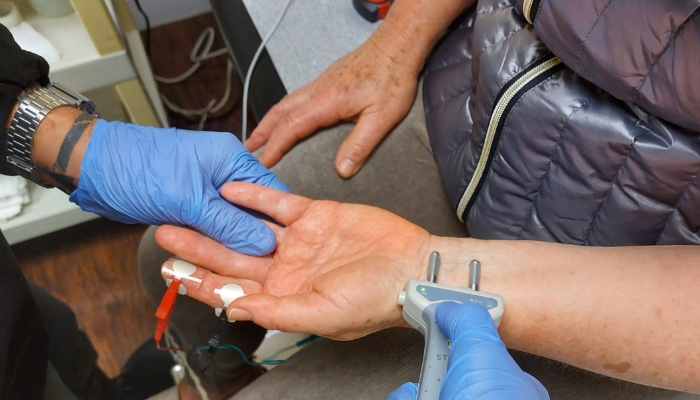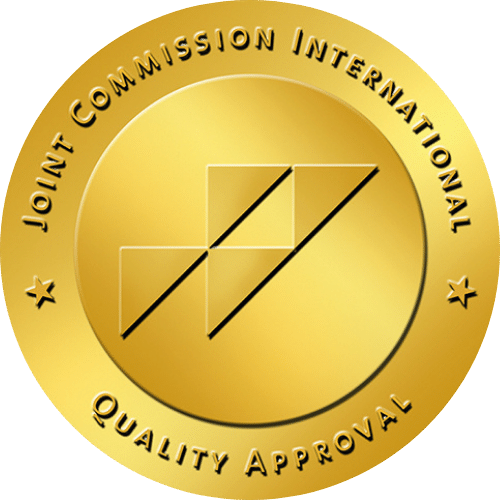NCV test in Miami-Dade & Broward
What is a NCV Test?
A nerve conduction velocity (NCV) test is used to assess nerve damage and dysfunction. Also known as a nerve conduction study (NSC), the procedure measures how quickly electrical signals move through your peripheral nerves.
Your peripheral nerves are located outside of your brain and along from your spinal cord to the limbs. These nerves help you control your muscles and experience the senses. Healthy nerves send electrical signals more quickly and with greater strength than damaged nerves.
The NCV test helps your doctor differentiate between an injury to the nerve fiber and an injury to the myelin sheath, the protective covering surrounding the nerve. It can also help your doctor tell the difference between a nerve disorder and a condition where a nerve injury has affected the muscles.
Making these distinctions is important for proper diagnosis and determining your course of treatment. With this purpose, NCV (or NCS) uses electrodes taped to the skin to measure the speed and strength of signals traveling between two or more points

How to prepare for NCV study?
You or a close family member will be asked to sign a legal document called a consent form. It gives healthcare providers permission to do the procedure. It also explains the problems that may happen, and your choices. Make sure all your questions are answered before you sign this form.
When scheduling this NCV test, your doctor will ask about conditions, medications, or behaviors that might affect the results. These include: alcohol abuse, use of certain neurologic medications, such as muscle relaxants, opioids, or psychotropic medications, diabetes, hypothyroidism, other diseases.
It’s also important for your doctor to know if you have a pacemaker. The electrodes used in the nerve conduction test may affect the electronic impulses of your medical device.
Stop using any lotions or oils on your skin 3 days before the test. These creams can prevent the electrode from being properly placed on the skin. Fasting usually isn’t necessary, but you may be asked to avoid caffeine beforehand.
What do I expect during NCV test?
Patients for nerve conduction studies can vary, but they follow the same general process:
-You’ll be asked to remove any metal objects, such as jewelry, that could interfere with the procedure.
-You may need to remove some clothing and wear a gown.
-You will sit or lie down for the test.
-Your doctor will find the nerve to be tested.
-Your doctor will place two electrodes on your skin, one that stimulates the nerve and one that records the stimulation. They may use a jelly or some kind of paste to help the electrode stick to the skin.
The nerve will be stimulated by a mild and brief electrical shock from the stimulating electrode. One common test, for example, stimulates nerves in the finger and records the stimulus with an electrode near the wrist.
The entire test may take 20 to 30 minutes. The sensation may be uncomfortable, but it typically isn’t painful.
Your doctor may want to perform the test in more than one part of the body.
